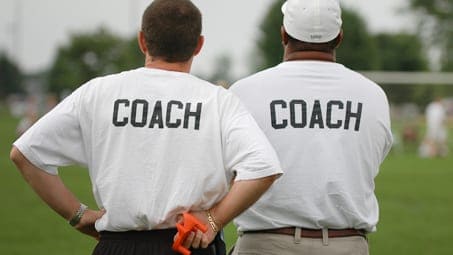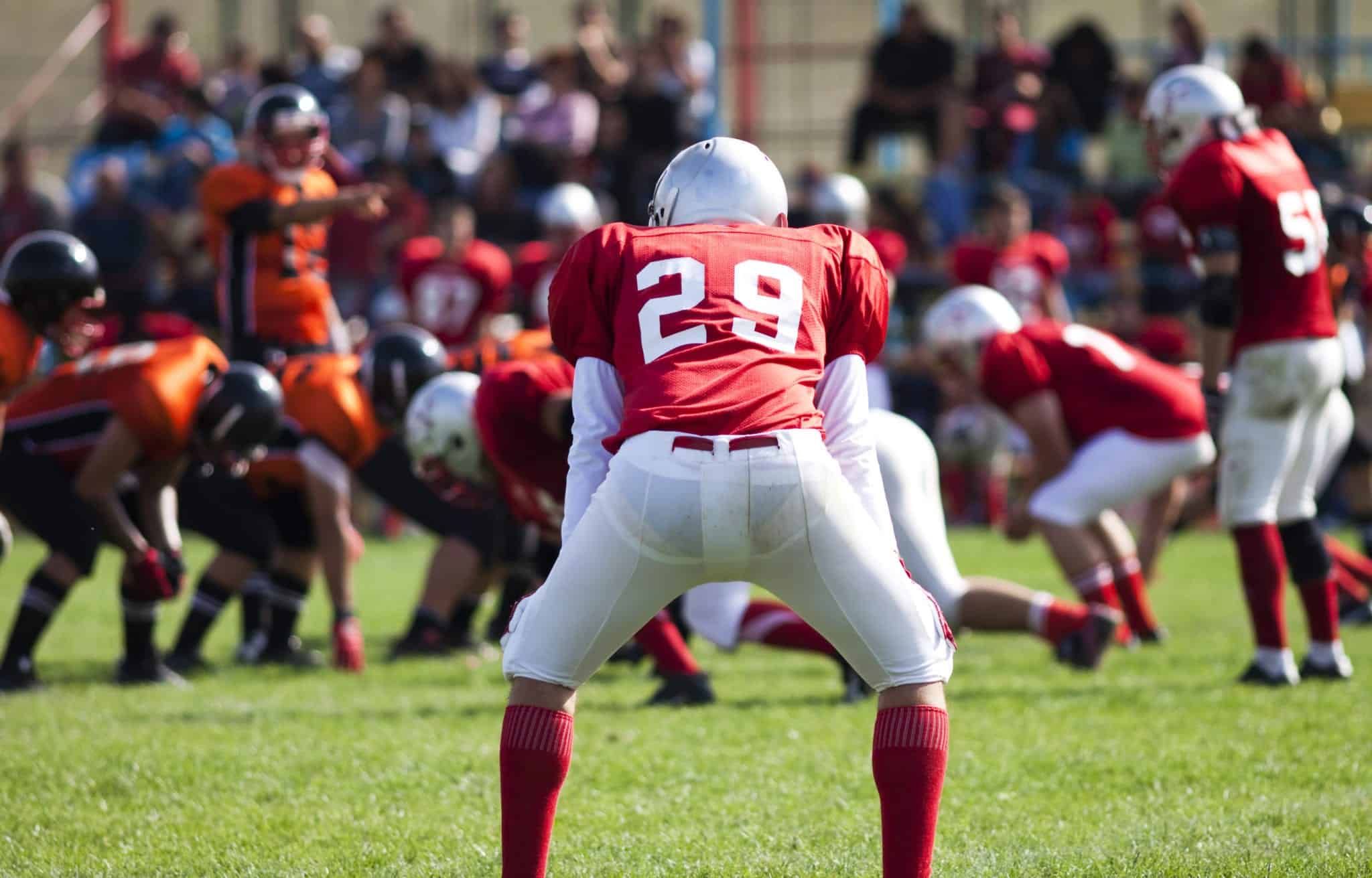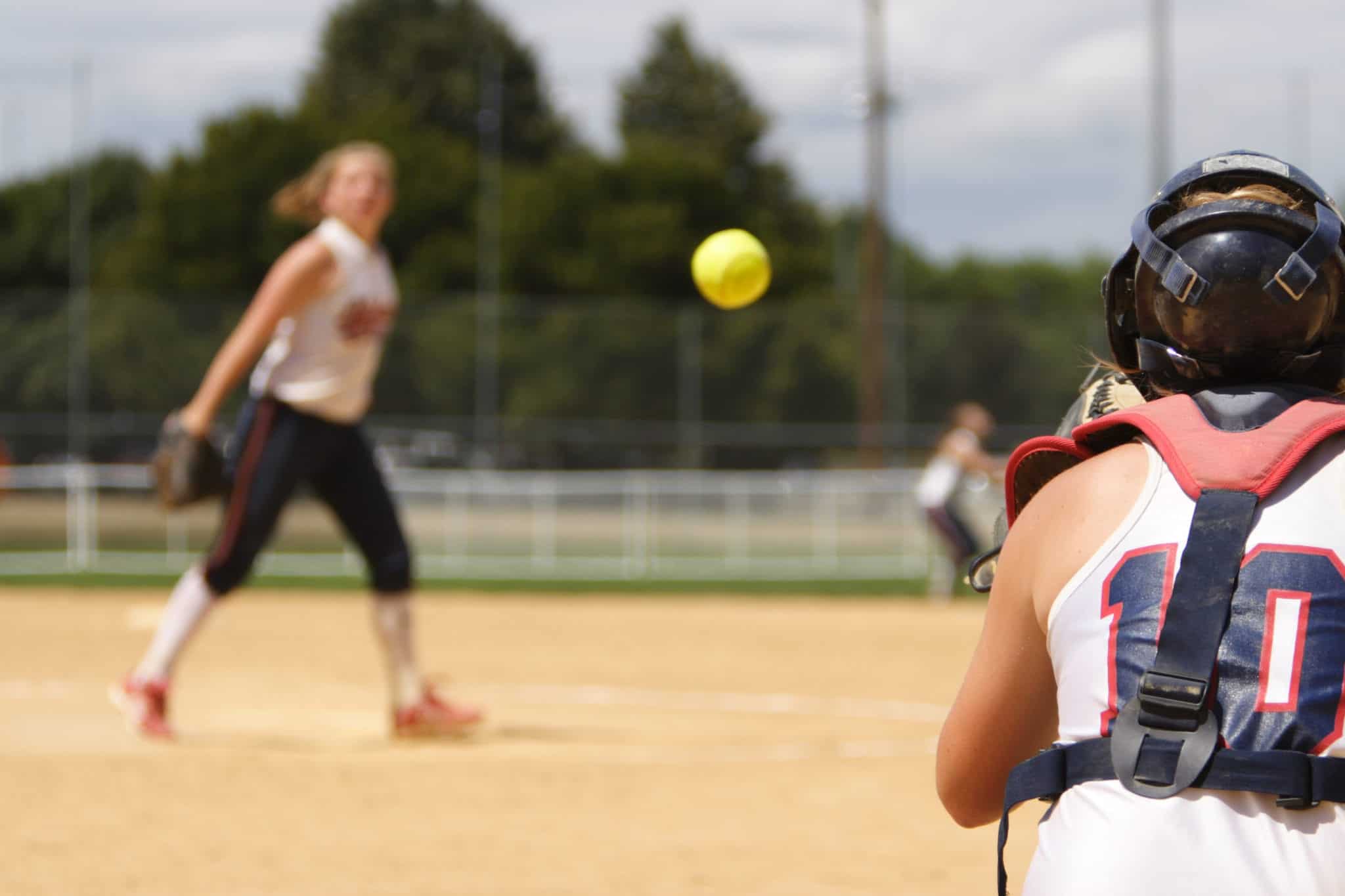By Bo Hanson – 4x Olympian, Coaching Consultant & Director of Athlete Assessments
The 2008 Beijing Olympic Study, undertaken by the Canadian Olympic Team, shed light on the factors leading to either personal best performances or Olympic Medal performances during those games. We have extensively used this research within our coaching development programs and in a dedicated article to demonstrate the need for coaches to be working on ‘all levels’ to ensure athlete development and ultimately, consistent high-performance. One of the upshots of having worked with professional teams, college teams and Olympic teams over the last decade is the array of interesting patterns we have noticed.

Of all the interesting patterns, the most compelling is in the ‘level’ the coach is working at or focusing on. What we mean by this (and this article, like most others, was prompted by a conversation with a client) is that only a small portion of coaches appear to know what the various levels are and an even fewer percentage are actively are working on each ‘level’ necessary for holistic high-performance athlete development.
To revisit our article (which summarized the 2008 Olympic Study) and outline the “levels” of coaching, the factors found to be non-negotiable in creating optimal athlete performance were:
Factors of the Best Sports Coaches:
- “Strong and productive Coach Athlete Relationship”: A strong coach athlete relationship is one built on trust and respect. This ensures honesty and high level of care for each other. When a relationship is strong and both parties have care for each other’s entire well-being, both are more likely to want to perform for each other. Strong relationships lead to higher levels of ‘engagement’ which is what ultimately determines the amount of additional effort one gives in creating a successful outcome.Strong and effective
- “High level athlete self-awareness”: In its basic form, this is about how well an athlete knows themselves, their behavioral strengths, areas of development, their triggers and how this impacts their emotions and in turn their performances. This self-awareness includes knowing how to manage stress unique to themselves having learnt from previous experiences and having a well-developed routine for delivering best performance when it matters most.
- “Support System”: This is about the people within the athlete’s world who offer them support services and become part of their team. This includes physiotherapists, doctors, massage services, nutritionists, sport psychologists, family and friends.
- “Effective Training Environment”: This includes having the right environment, equipment, tools, technology and program to achieve optimal physical condition.
- “Effective Management of the Competition Environment”: This is about how well managed the environment is in which the athlete competes. Factors include event transport logistics, equipment preparation for the relevant conditions, management of food, sleep issues, and the management of the unusual stressers within different environments (the Olympics are in a different place each four years making this management more challenging).
What capacity do you need to be one of the best sports coaches?
Having outlined these factors, you may think about which of these you have spent the most time developing or focusing on. For example, it is common for young and less experienced coaches to focus on understanding the basics of the Training Environment. This includes gaining knowledge of what equipment to use and how to set it up, how to deliver a sound scientific training program and how to measure if their approach is actually working. They can spend most of their time, “getting their heads” around this large area. So much so, it may leave them feeling like they cannot possibly fit anything else in.

This was a trigger point for me, having discussed this issue with one of the world’s most experienced coaches. What he mentioned to me was the amount of “capacity” required to be an effective coach today. To simply think, “All I have to know is the technical and physical aspects of my sport” means you have neglected at least three other vital, non-negotiable areas as outlined previously. So, when the coach I am referring to is constantly approached by other world class athletes, it is because these athletes realize there are ‘gaps’ in their current coach’s program. They recognize these ‘gaps’ are impacting their performance and choose to leave their current coach. No doubt you have witnessed this scenario as well.
How do you spend your time?
As a coach, the time you spend coaching your athletes may add up to only the length of the practice session give or take a bit of time either side. If you practice twice a day, that could account for roughly 3-4 hours. Given most normal workers do 8-10 hour days, how does a coach spend the rest of their work day? From my experience, when a coach understands all the levels they have to work on and all the different areas of athletic development, then productively filling in the remainder of their day becomes very easy. This extends to the point where there is not enough time, hence why some of our most successful coaches work so many hours. Their job is enormous.

However, other coaches who are not aware of the various development and coaching focuses struggle to fill their time. We cannot develop in an area unless we can recognize our deficiency. So when asking a coach, what assistance do you require? Or how can I best help you develop? It is common for them to say, “I think I am ok.” Meaning, I require no help. If your role in sport is to help other coaches develop, then you have to make those coaches aware of what they need to develop in. Using Coach Reviews is one very effective method of developing awareness. Another is to explain the levels discussed in this article. Only when a coach knows they have a knowledge or skill gap, are they a possibility of filling it. Creating awareness is the cornerstone of creating better results.
In reading this article, I present to you a personal challenge. Ask yourself the question, what level am I coaching at? For example, you may ask the following sample questions:
- What have I done this week to help my athletes understand themselves better?
- What have I done to develop a better understanding of my athletes this week?
- What have I done to help my athletes understand the sport better this week?
- What preparation have I done to improve the environment for my athletes this week?
- What additional game or sport specific knowledge have I gained this week?
- What additional services or support have I given my athletes this week or how are the current suppliers of these services working?
The questions you can ask yourself are endless. The coach I was referring to earlier in the article answered one of my questions relating to “technical expertise development” by responding that this week his athletes were developing a minute but critical aspect of their sporting skill which would ultimately (if done well), give them all a half second advantage in a race which is up to 2 hours in duration. Now that is what I call searching for the 0.1% difference. That is the attitude of a world class coach and how fortunate his athletes are that he is working at that level for them.
More information on how to achieve exceptional coaching is available in our articles on
- Coaching Expertise – What Expert Coaches Do
- Success of Coach Athlete Relationships (Canadian Olympic Study)
At Athlete Assessments, we’re here to provide you with excellence in service and here to help you be your best. If there is anything we can assist you with, please Contact Us.





